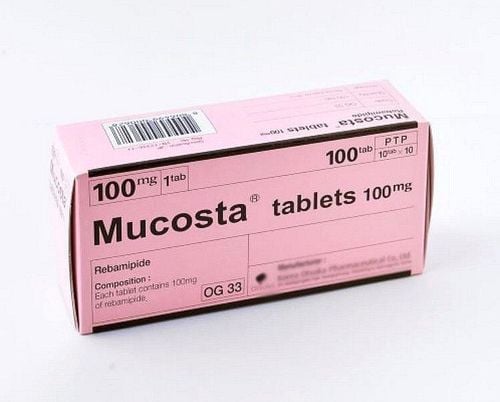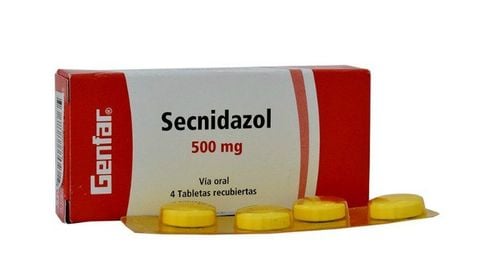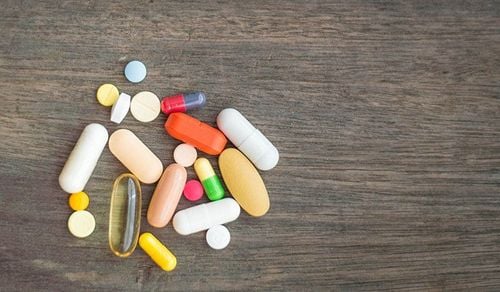This is an automatically translated article.
The article is professionally consulted by Master. BSCK II Phan Thi Minh Huong - Gastroenterologist - Department of Medical Examination & Internal Medicine - Vinmec Da Nang International General Hospital.Intestinal dysbacteriosis is a common disease of all ages, is an imbalance of microflora in the intestinal tract, caused by harmful bacteria multiplying and leading to abnormalities in the digestive system.
1. What is intestinal dysbacteriosis?
Intestinal dysbiosis is an imbalance of the gastrointestinal microflora. In the intestinal tract, beneficial bacteria contain 85% and harmful bacteria contain 15%. In a state of balance, the digestive system will function normally. When there is a problem that leads to an imbalance in the intestinal ecosystem, harmful bacteria outnumber beneficial bacteria, which will lead to abnormalities in the digestive system.2. Causes of intestinal dysbacteriosis
Causes of intestinal dysbacteriosis in adults include:Living habits, bad lifestyle: the digestive system is always attacked, if you eat unhygienic, it will cause harmful bacteria to attack the sugar intestines, they proliferate and overwhelm beneficial bacteria. Psychological pressure: Psychological instability will affect the contractions of the stomach and intestines. Peristalsis will be reduced, so food will take longer to digest
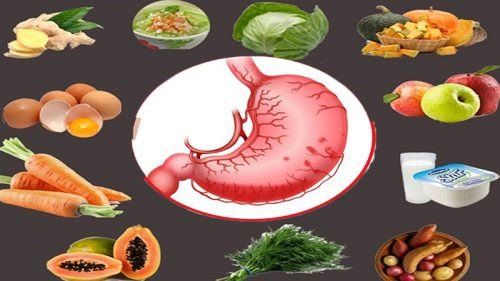
Áp lực tâm lý ảnh hưởng đến sự co bóp tiêu hóa thức ăn của dạ dày
3. Symptoms of intestinal dysbiosis in adults
Some common symptoms in intestinal dysbiosis in adults include:3.1 Bowel disorders Intestinal dysbacteriosis will cause bowel disorders in patients. It can be diarrhea or constipation, but most of the time it's still diarrhea. Every day, go to the toilet from 7-8 times, if the intestinal disorder is severe, you can have a bowel movement 20-30 times/day. Diarrhea usually causes dehydration by passing loose, loose stools with mucus or a little blood.
3.2 Bloating, bloating Intestinal dysbiosis in adults causes food to stay in the intestines longer, thus producing gas in the abdomen. As a result, the larger abdomen feels bloated and bloated. Patients always feel uncomfortable leading to fatigue, loss of appetite. Accompanying this symptom is usually a bowel disorder such as diarrhea, constipation, ...
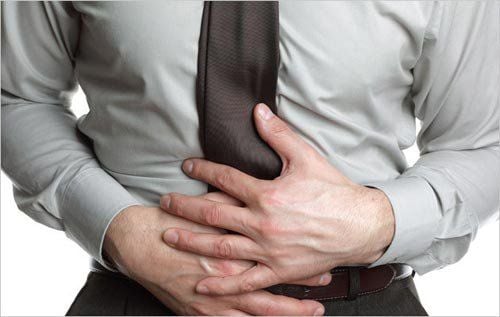
Loạn khuẩn đường ruột khiến người bệnh có cảm giác đầy hơi chướng bụng
3.4 Nausea and vomiting Due to the impaired digestive function of the intestinal tract, the patient is prone to vomiting and nausea, sometimes accompanied by belching. Symptoms of prolonged nausea and vomiting often make patients tired, have poor appetite, do not eat well, easily leading to dehydration and malnutrition.
4. Precautions
Intestinal dysbacteriosis will make the patient not eat well, not absorb food and lead to weight loss, malnutrition. Acute intestinal dysbacteriosis can be resolved after 3-5 days. However, patients can prevent intestinal dysbacteriosis by:Diet: Eat foods that are easy to digest, drink enough water and do not eat a lot of fat, stimulants such as foods that are too sour, spicy, no food. smoking, alcohol. Need to ensure food safety

Không sử dụng các chất kích thích để phòng ngừa loạn khuẩn đường ruột
Please dial HOTLINE for more information or register for an appointment HERE. Download MyVinmec app to make appointments faster and to manage your bookings easily.





